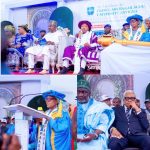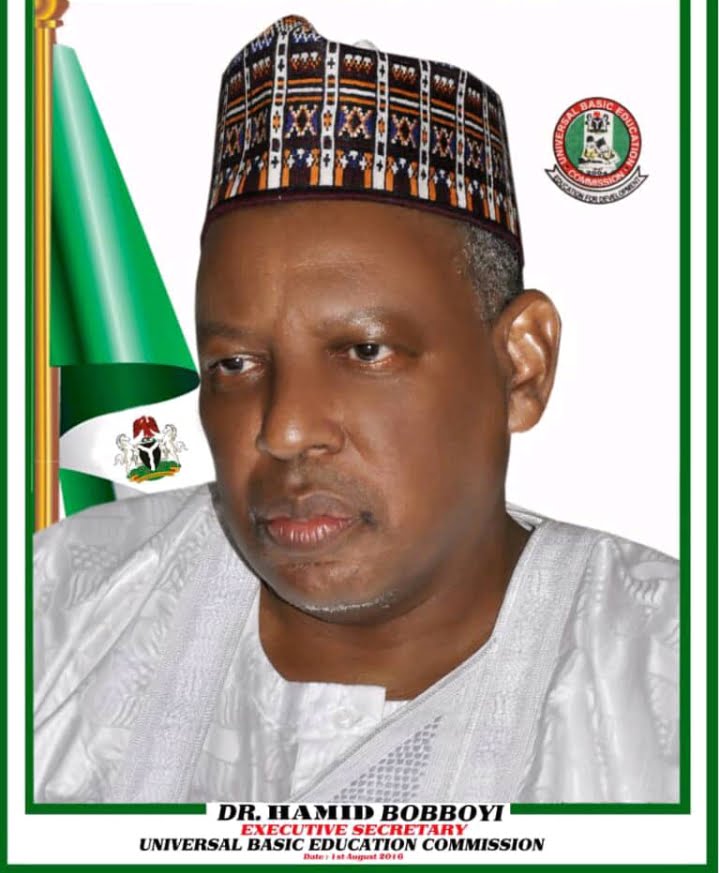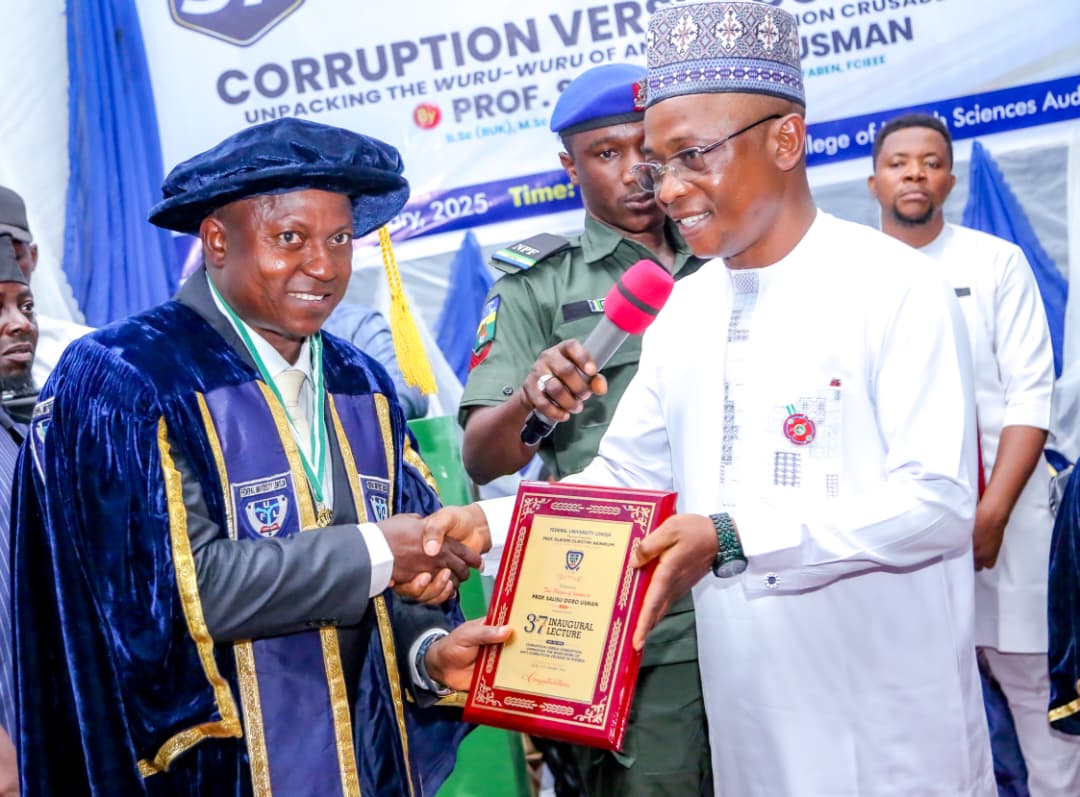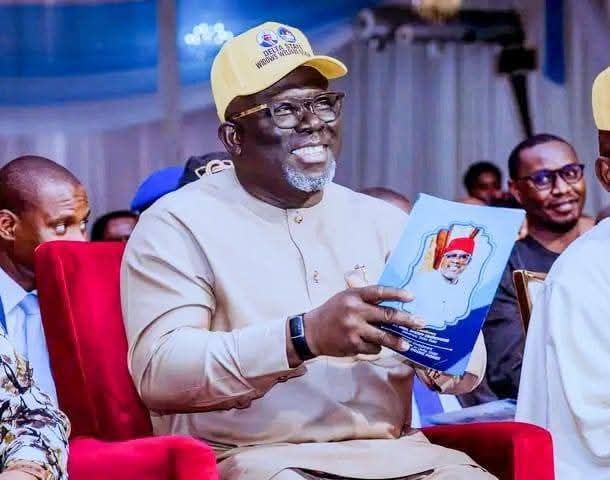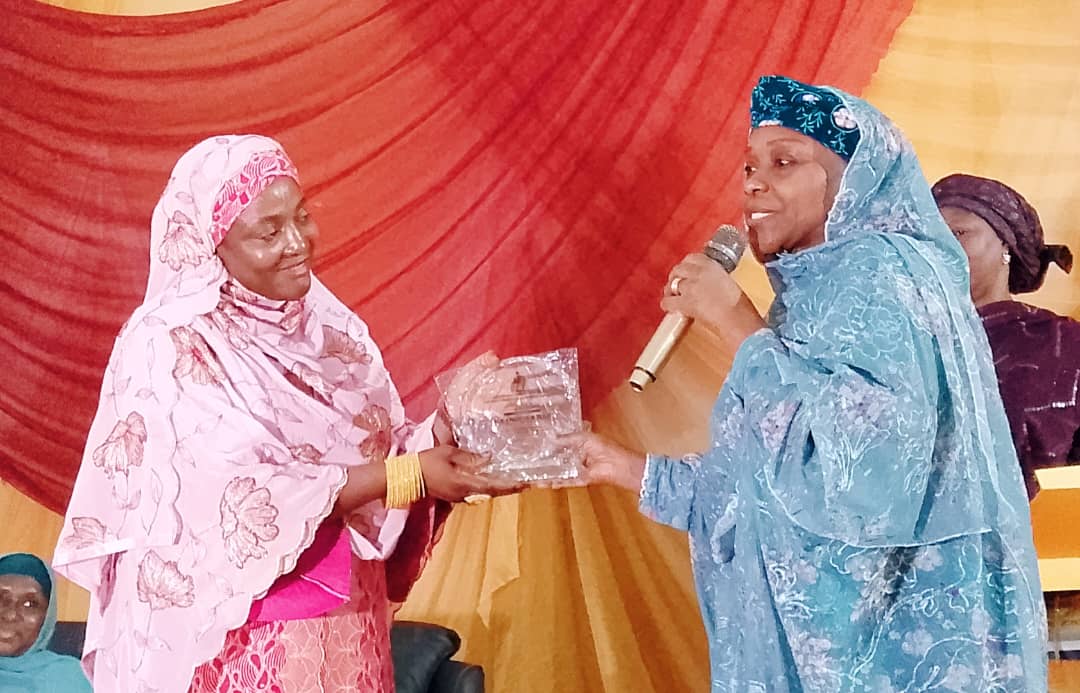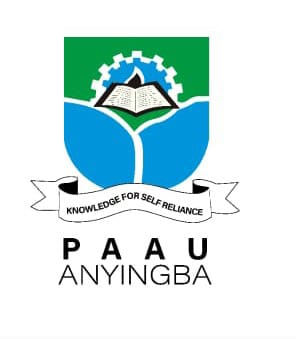BY ABUBAKAR YUSUF.
The clamour for more funding to Basic Education and by extension Education subsector from both the public and by extension the private sector in the country has began to yield positive results.
This was occasioned by the recent upward review and impressive assessment of the matching grants by the sub national to improve Basic Education, Infrastructure, manpower development among many others towards the progress and development of Basic Education in Nigeria.
The yearly counterpart funding arrangements between the federal and state government got a 100% increment in 2024 appropriation , from the previous 1.5 Billion in 2023 to the new allocation of impressive 3.5 Billion as the new matching grants to states and FCT.
With the new development, states are expected to provide a counterpart funding to the matching grants to the tune of 3.5 Billion to access the whole amount on a yearly basis of over 6 Billion, a very encouraging amount that will support the dearth of improved infrastructure, lack of training, out of school children, OOSC and it’s negative consequences, and also encourage more enrollment.
With just 14 states to access the 2023 matching grants of the government, the new increment was enough to serve as impetus to other states and states that have not accessed out of 36 states and FCT for more positive response.
While addressing the quarterly meeting with Education managers, Secretaries and Chairmen of 36 states Universal Basic Education Board SUBEBs, the Executive Secretary, Universal Basic Education Commission, UBEC, Dr Hamid Bobboyi reminded the stakeholders of the task of the extension of the coverage of Basic Education administration to Secondary Schools, in line with the template of the global SDGs Goals 4.
The increment of the 2% allocation to the Basic Education from the Consolidated Revenue Fund (CRF), despite the seeking for amendment of the 2004 act establishing the commission by the National Assembly, also explored the organized private sector and public spirited individuals who are well to do to contribute their own quota to Basic Education development and management in the country.
This is in addition to the efforts of federal lawmakers both in the red and green chamber domiciling their constituency projects to improve the development of Basic Education in Nigeria.
With additional responsibility of extending the Basic Education administration to Secondary Schools which led to an impressive enrollment of over 45 Million pupils, no doubt , the desire to overcome the Out of School Children OOSC problems confronting the country is near.
With the new increment, the envisaged amendment of the act establishing the Universal Basic Education Commission UBEC promulgated in 2004 among many other initiatives will perfect the quest for a robust Basic Education activities in the country.
The recent drive towards the intervention of the Multinationals, organized private sector and high revenue generating agencies and parastatals like the collaboration between UBEC and NCDMB, the NNPCL, NIMASA, NPA, LNG, CBN, NUPRC, NMDPRA, the Dangote, BUA and Lafarge among many numerous ones will resolve the deficit in Basic Education.
Under the management of Dr Hamid Bobboyi as the Executive Secretary and Chief Executive Officer ES/ CEO, harnessing the numerous funding advantages and arrangements by the commission will create myriads of opportunities to the government agency charged with the administration of Basic Education both from the private and public sector statutorily.
With the new initiatives, no doubt the growing problems bedeviling Basic Education and increasing the out of school children OOSC will gradually come to an end.
The cooperation and resolve of the sub national particularly in the area of providing their matching grants and also accessing the yearly matching grants as at when due , will improve the provision of Basic Education across the country.
ABUBAKAR YUSUF Writes from Abuja on yus.abubakar3@gmail.com.
